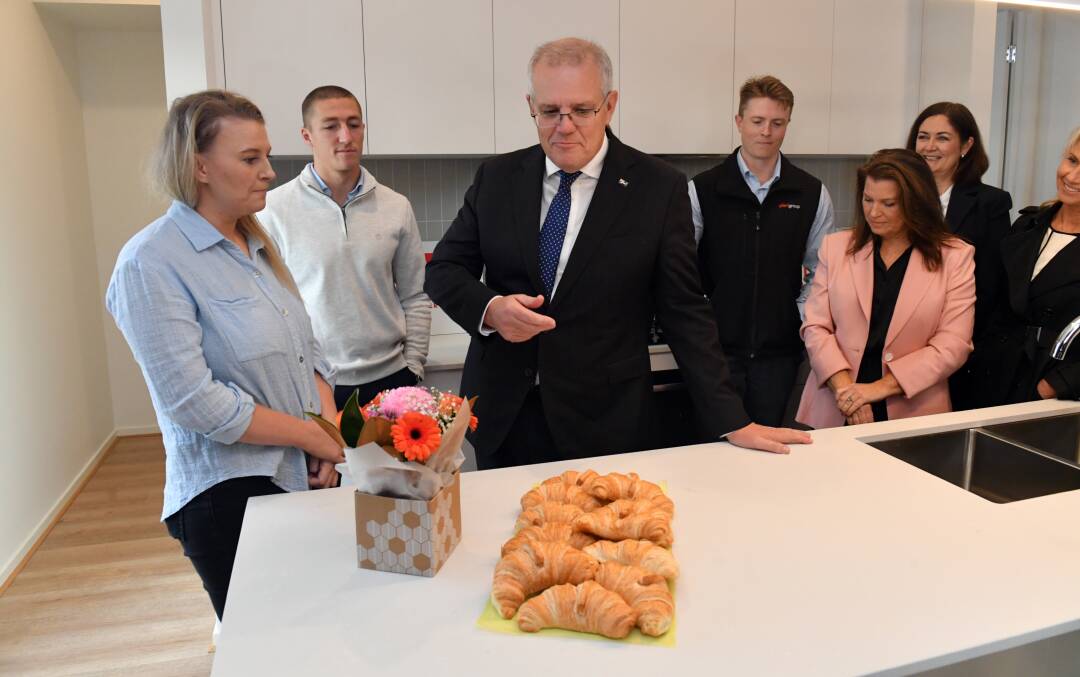Wages have not kept pace with rising inflation which has pushed up prices across the economy.
Latest figures from the Australian Bureau of Statistics have revealed wages on annual basis rose 2.4 per cent.
Over the quarter, the wage price index rose 0.7 per cent.
The data released by the ABS shows wages have not kept pace with recent inflation which has pushed up the costs of materials, food and fuel.
Wages in the private sector rose faster than compared to the public sector, which recorded an annual rate of 2.2 per cent.
Annual inflation to the March quarter rose 5.1 per cent with inflationary expectations from the Reserve Bank touted to rise by more than 6 per cent over 2022.
Surging inflation has been spurred on by global supply chain disruptions during the pandemic and the Ukraine invasion, which has directly impacted oil prices.
ABS head of prices statistics Michelle Marquardt said the index has risen now for five consecutive quarters.
"Wage growth is influenced by both the size of changes in hourly wage rates and the proportion of jobs recording a change," Ms Marquardt said.
"In the March quarter of 2022, the average size of private sector hourly wage rises increased to 3.4 per cent, the highest quarter increase since June 2013."
Annual wages in the prior quarter rose 2.3 per cent.
The ACT and Tasmania recorded the highest annual wage growth, with both jurisdictions rising 2.8 per cent.
The market was signalling a 0.8 per cent quarterly rise, while annual wages were tipped to grow 2.5 per cent.
Earlier, Prime Minister Scott Morrison said he wanted to see wages increase and boasted a Coalition government would see a faster pick up in pay.
"Wages are going to go up because unemployment is coming down," he said.
"The way wages goes up, is when you get unemployment down and you get businesses that are able to earn more so they can afford and pay higher wages.
"Now I want to see wages go up. I want to see the minimum wage go up. Of course I do."
At Parliament House, Labor industrial relations spokesman Tony Burke argued the Coalition were purposely trying to keep wages low.
"No matter what economic statistic comes out, Scott Morrison's answer will be the same - low wages," Mr Burke said.
"They promised it. It was a design feature."








